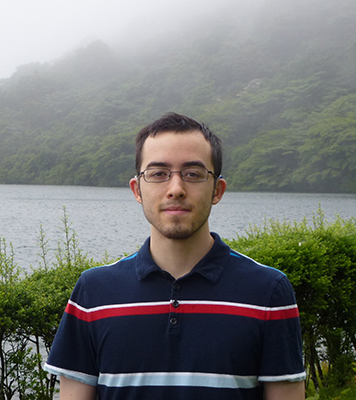Daniel

Research & Computing
I was born deaf, but fortunately received education in a public school district that had a program to accommodate deaf students. In my classes I had sign language interpreters and note-taking services. These accommodations played a major part in my academic success in high school, helping me graduate with highest honors. After high school, I enrolled at Williams College, a small liberal arts college in rural Massachusetts.
I have used summer time well during my journey in STEM. During high school, I attended the AccessComputing Summer Academy for Advancing Deaf and Hard of Hearing in Computing at the University of Washington. This was a fully-funded, nine-week residential program for deaf and hard of hearing students chosen from a nationwide pool. While at the Summer Academy, I was able to visit companies like Google and Microsoft and attend research presentations given by computer science graduate students.
I was intrigued by the research presentations and wanted to get involved in my own research projects. I realized that summer was a great time to engage in research. I’ve participated in two Research Experience for Undergraduates (REU) programs. These programs, funded by the National Science Foundation, hire students each summer to work on a research project at a college or university. One summer, I worked at the Bard College REU on an applied machine learning project.
The following summer, I was at the University of North Carolina at Greensboro’s REU, performing combinatorics research. These REUs were my first experiences in a real job situation, so I set up accommodations for myself. At Bard College, they hired sign language interpreters who came to campus when students or faculty gave research presentations. Unfortunately, interpreting a technical talk is a very difficult task because of the technical jargon and the need for specificity. So, while I was at Greensboro, I decided to rely entirely on a frequency modulation (FM) system, which amplifies the instructor into a speaker just for me to hear.
My post-college plan is to pursue a Ph.D. in computer science. Recently, I sent out applications to ten computer science Ph.D. programs and a variety of fellowships and scholarships. I’m not sure where my STEM journey will take me, but my hope is that graduate school will prepare me for my ideal career as a professor or a research scientist.